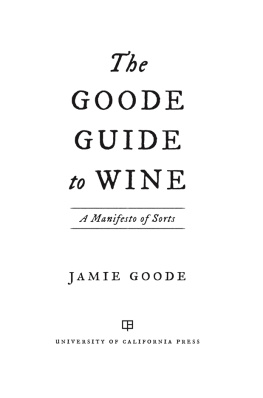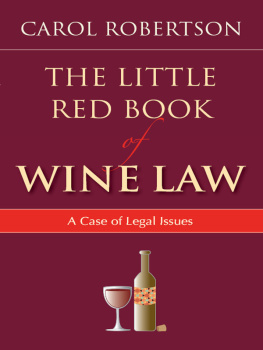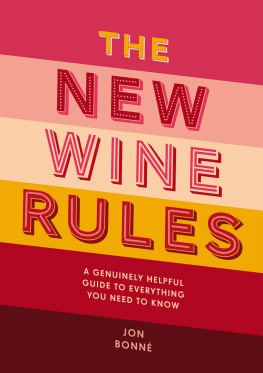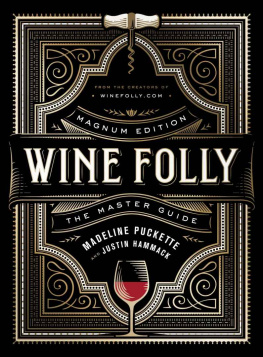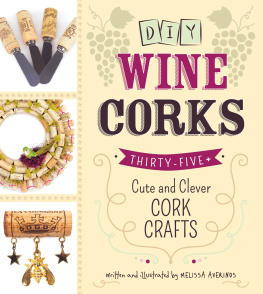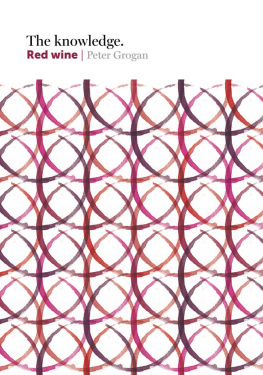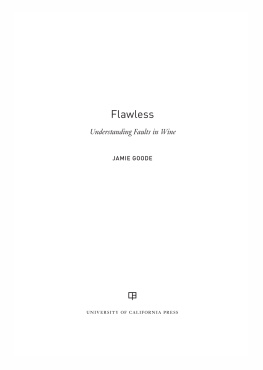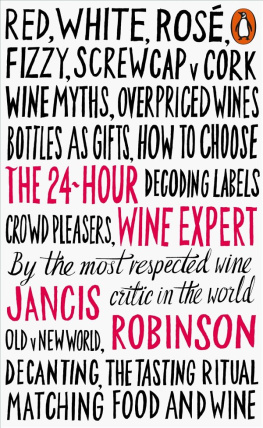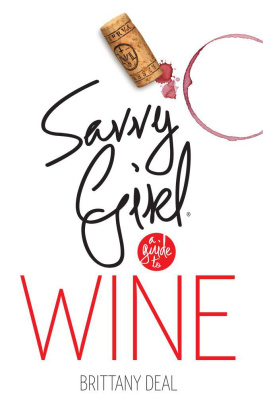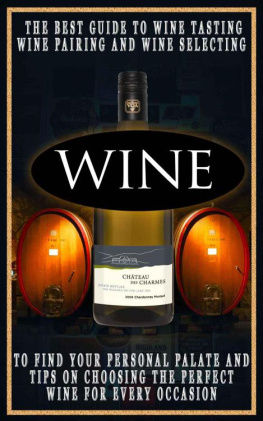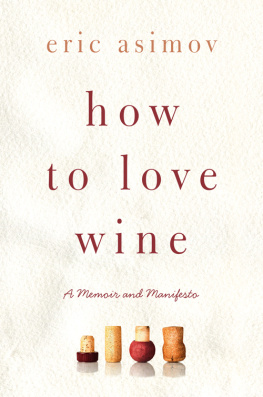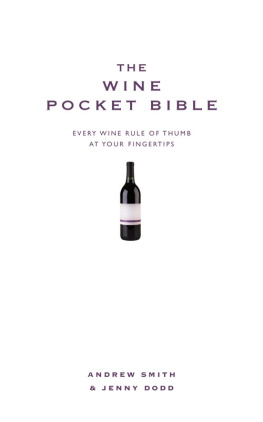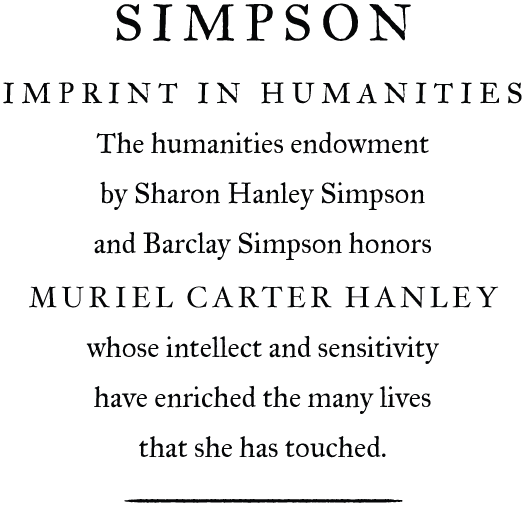Preface
Herewith: a wine manifesto. Of sorts.
WHY ?
Its an attempt to gather together some of my thoughts about wine, in a series of short, targeted chapters.
For the last few years I have been spending most of my time on the road, visiting wine regions, meeting wine producers, taking part in conferences, and tasting, tasting, tasting. I have even spent time in wineries during vintage. Ive learned a great deal, but because wine is such a complicated, fragmented topic, I suspect a lifetime of travel is needed to understand this world fully.
Like any sphere of human activity, there is good and bad in the world of wine, and a whole lot of stuff in between. There are many segments in the market, and tens of thousands of different wines. Each vintage is different. This creates a bewildering matrix, and to make sense of it is far from straightforward.
My approach to wine is a bit different, and I think it is quite unique. And worth reading. If I didnt, I wouldnt waste my time in writing this book, and expect you to waste your time reading it. I was trained as a scientist, but Im an artist at heart. I have a PhD in plant biology, and I worked as a science editor for fifteen years before I gate-crashed the wine world. But while Im a scientist, Im not a scientific fundamentalist. I acknowledge that there are different ways of seeing the world, and while science is usefulessential, evenwe need to acknowledge that a purely scientific narrative gives us an incomplete story. In life and in wine.
Where should wine be heading? I make some suggestions.
I look at the way we perceive wine. I ask: Is wine special, and why? I poke (good-natured) fun at some of the sillier aspects of the world of wine. And where necessary, I warn. But all of this, of course, is from my perspective. I dont expect everyone to agree.
In essence, this book provides a philosophical underpinning for fine wine. It is our philosophy that shapes how we act; yet we rarely verbalize these principles and theoretical insights.
This book is intended for a broad spectrum of readers, including interested consumers and those in the wine tradewhether you are drinking, making, selling, or marketing wine, there are chapters specifically addressed to you. The first half of the book is aimed more at the wine drinker; the latter half has ideas relevant to those in the trade.
I will repeat myself: you may disagree with me. Thats OK. But I hope the ideas presented here cause you to question, and perhaps in turn to frame your own philosophy of wine.
.1.
The heart of authenticity
Authentic wine is rooted in a place and a time.
WINE BELONGS IN the same family of foodstuffs as beer, cheese, coffee, and even chocolate, where microbes play an essential role in the production process. But theres something unique about wine, in that it is a product of a particular time and place, both of which write themselves on the sensory properties of the resulting beverage. You could argue that cheese is similar in this regard: the season will affect the way the grass grows, and this will affect the taste of the cheese by altering the properties of the milk. And of course, different places produce cheeses that have a local taste. But winedecent wine, that istakes this quality further.
The special thing about wine is its connection to a particular place, and to a particular time. Of course, not all wines have this connection. Some very fine wines are a blend of vintages, as are some very cheap ones. And some wines are made in such a way that its very hard to know where they came from. But the important fact here is that for the sorts of wines that I usually like to drink, and which I enjoy the most, there is a definite connection between the place and the wine: a local flavor, known widely as terroir.
Much has been written about terroir. All I want to say here, for now, is that its the defining concept in fine wine. If you grow a grape variety (or varieties) in the appropriate place for these varieties, and your viticulture is good, and then you dont mess things up too much in the winery, you will have a wine that tastes of its place. Some places have more personality than others, of course: not all terroirs are created equal. The proof of terroir, though, lies in the hands of winegrowers who make wines the same way from different plots, and then the resulting wines show differences that can only be due to the site. Thats the proof of a concept, and from that starting point we can keep going, expanding this concept and making it more nuanced. Its what makes wine so interesting.
Do all wines have to be terroir wines? No: I think there is a place for multi-site, or multi-region, blends. Vintage Port is the result of skilled blending, and the top Champagnes are also frequently from multiple vineyards. You could argue, however, that the skilled blenders are working with good terroirs, and understand terroir. It creates the components for successful blending. Theres also the famous example of Penfolds Grange, Australias most celebrated fine wine and a multi-site and multi-region blend. I would argue, though, that these exceptions dont call into question my assertion that terroir is at the heart of fine wine.
And what of time? A wine is not fixed. It is born in a growing season, and bears the characteristics of the weather of that year. The matrix of vintage and place is infinite, yet place should be the anchoring point. Vintage, then, becomes the lens through which we see place, and follow it over time. The wine develops in the bottle until, eventually, the signature of place is lost and the wine grows timeless and old. No wine is infinite, and this temporal quality reflects our own mortality.
.2.
The skill of winegrowing
Sensitive, intelligent winegrowing produces wines that capture the location and the vintage.
WINEGROWERS, WHEN QUESTIONED , often talk about being custodians of their vineyards, saying that they dont make the wine: it is the vineyard that produces the wine. They say that they do nothing in the winery.

